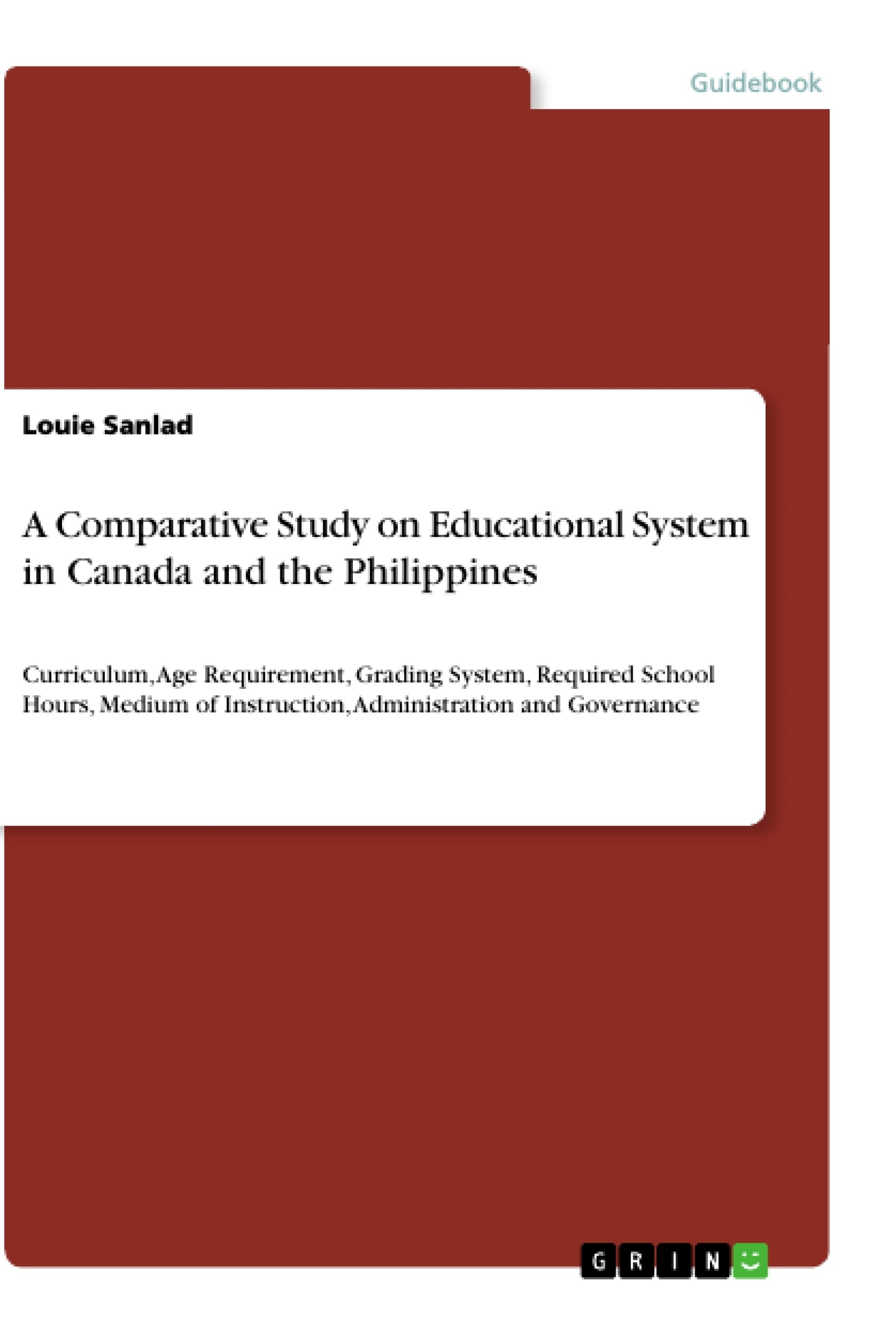Education is the process of facilitating learning, or the acquisition of knowledge, skills, values, beliefs, and habits. Educational methods include storytelling, discussion, teaching, training, and directed research. Education frequently takes place under the guidance of educators, but learners may also educate themselves. Education can take place in formal or informal settings and any experience that has a formative effect on the way one thinks, feels, or acts may be considered educational. Education is commonly divided formally into such stages as preschool or kindergarten, primary school, secondary school and then college, university, or apprenticeship.
Like the teaching profession, education systems are, by nature, extremely complex and multifaceted, and the challenges entailed in reforming or improving them can be similarly complex and multifaceted. Even reforms that appear to be straightforward, simple, or easily achieved may, in practice, require complicated state-policy changes, union-contract negotiations, school-schedule modifications, or countless other conditions.
Education in Canada is a very high priority of the government. The country boasts a state-run system of public education, one that is provided, funded and administered by federal, provincial and local governments. Jurisdiction of the public education system, as well its curriculum, is overseen by each province. The Council of Ministers of Education is a forum for education ministers to discuss matters related to education, coordinate education activities and share information.
Education in the Philippines is a 13-year compulsory education which is divided into Kindergarten, Primary Education, Junior High School, and Senior High School. K-12 is a program that covers kindergarten and 12 years of basic education to provide sufficient time for mastery of concepts and skills, develop lifelong learners, and prepare graduates for tertiary education, middle-level skills development, employment, and entrepreneurship.
Table of Contents
- INTRODUCTION
- OBJECTIVES.
- LEARNING ACTIVITIES.
- CHARACTERISTICS OF THE EDUCATIONAL SYSTEM IN CANADA
- CHARACTERISTICS OF THE EDUCATIONAL SYSTEM IN THE PHILIPPINES
- THEORIES AND RELATED STUDIES.
- REFERENCES
- EXERCISES
Objectives and Key Themes
This module aims to provide a comparative analysis of the educational systems in Canada and the Philippines. It explores the key characteristics, policies, processes, and practices of each system, fostering an appreciation for the strengths of the Canadian system and its potential for improving educational outcomes in other contexts.
- Comparison of educational systems in Canada and the Philippines
- Appreciation of the Canadian education system
- Curriculum design for future challenges
- Definition and understanding of key educational terms
- Distinction between educational levels and programs in both countries
Chapter Summaries
- Introduction: This chapter introduces the concept of education, highlighting its multifaceted nature and the complexity of reforming education systems. It provides a brief overview of the educational landscape in Canada and the Philippines.
- Objectives: This section outlines the learning objectives of the module, which include comparing the educational systems, appreciating the Canadian system, and designing a curriculum that fosters future-ready skills.
- Learning Activities: This chapter introduces key terms related to education, providing both informal and formal definitions. These definitions are intended to enhance comprehension and understanding of the module's content.
- Distinctions: This chapter presents a detailed comparison of the educational systems of Canada and the Philippines, outlining the distinctions in educational levels and programs from kindergarten to tertiary education.
Keywords
This module focuses on the key concepts of education, particularly within the context of Canada and the Philippines. Central themes include comparative education, curriculum design, educational policies and practices, and the development of future-ready skills. It also utilizes key terms such as compulsory education, tertiary education, technical vocational education, and non-formal education, providing a comprehensive overview of the intricacies of both educational systems.
- Quote paper
- Dr. Louie Sanlad (Author), 2020, A Comparative Study on Educational System in Canada and the Philippines, Munich, GRIN Verlag, https://www.grin.com/document/540471




